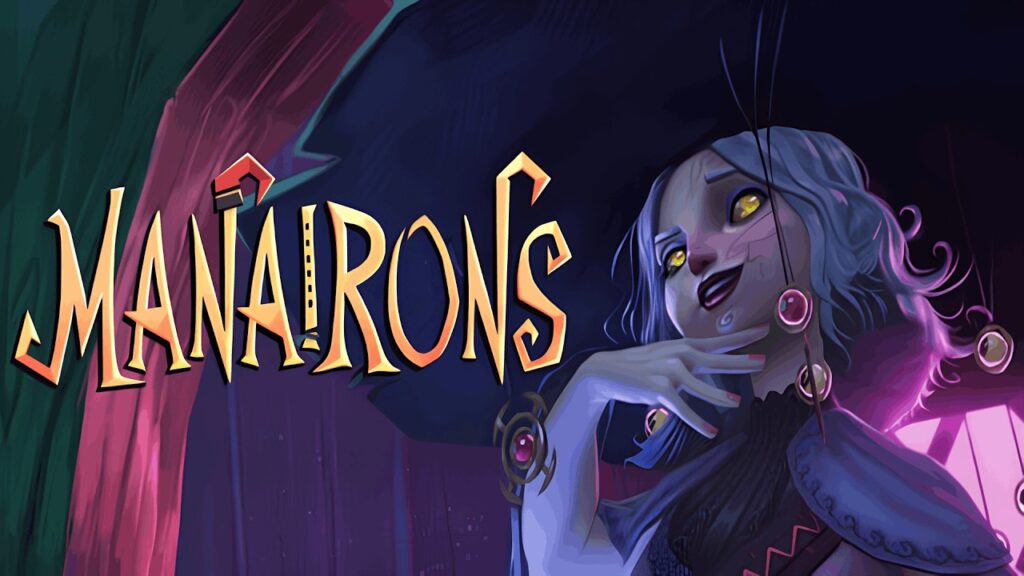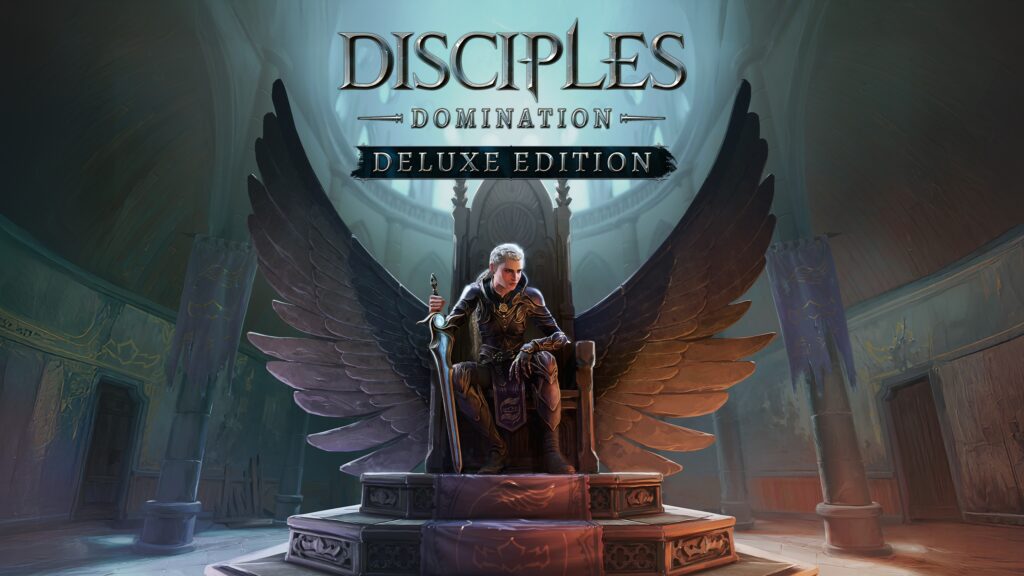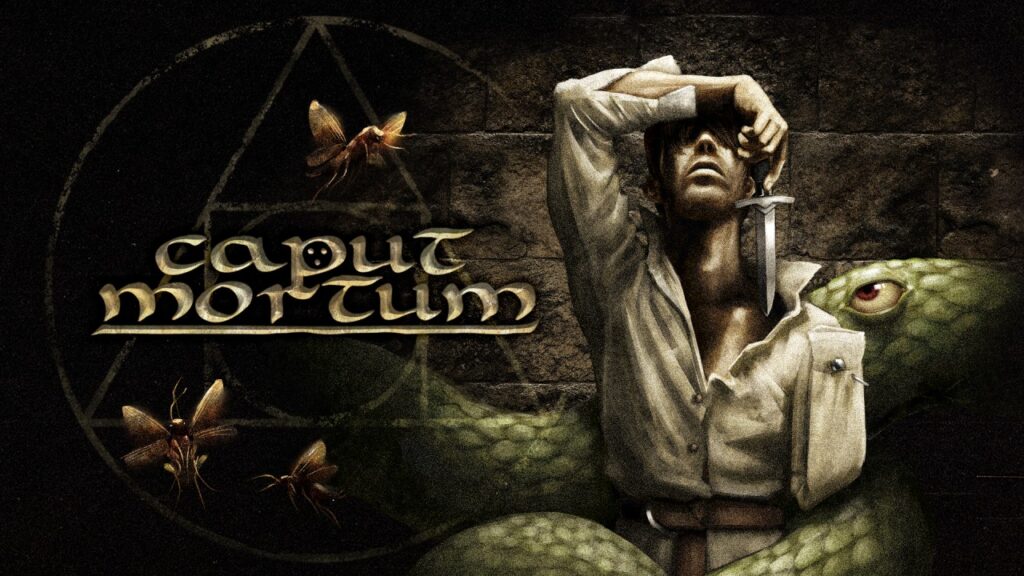Bully & Bully: Scholarship Edition
Never a stranger to controversy, Rockstar Games have a long history of rubbing the censors up the wrong way. They have a wonderful love-hate relationship with the classification board. You can understand the fuss made about the ultra-violent Grand Theft Auto series, and indeed Manhunt, but a game centred around classroom aggression has made more than its fair share of headlines.
When Bully was first released way back in 2006, the mass media was in uproar. Newspapers were quick to run stories condemning its glorified schoolyard antics, saying it encouraged real-life bullying. Kids, they harped on, would play this game and be inspired to take the on-screen violence into the playground and victimise their classmates.
Dixons Store Group in the United Kingdom even went as far as banning it from their shelves due to its ‘family unfriendly’ content, which in turn caused more publicity and inavertedly helped generate even more sales for the already controversial and much-vaunted title. The marketing men at Rockstar must have been rubbing their hands with glee.
It is interesting to note that the majority of the original press attention came about before the game was even released, thus much of it was based on Chinese whispers. The press leapt on the idea that it encouraged children to bully others, whereas the main character actually stands up to being bullied as he makes his way through school. Oh well, never let the facts get in the way of a good story and all that.
The game and it’s follow-up Bully: The Scholarship Edition went on to be banned in Brazil, citing the level of violence inside a school environment as the reason behind the ruling. Curiously enough, it is perfectly legal to sell a title such as Grand Theft Auto because the action is located in the streets of a city.





It is definetly becoming a huge problem with the young generation today as so many kids are getting so addictive to these so called games..
I’m a parent with a 12 year old son who has been to many people’s houses to go play the x box .. Manly on this cod game or black ops ..
He then suffers at night with nightmares.. We have had a meeting at the school earlier this week as his school work has been suffering and with their help we are going to try and focus him in other activities. As I’m so worried he is addicted himself judging by his behaviour of late..
The games are disgraceful in my mind and I feel it will only get worse..